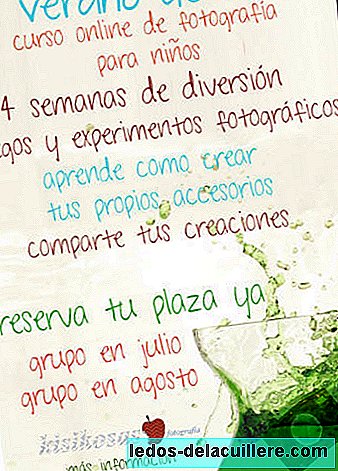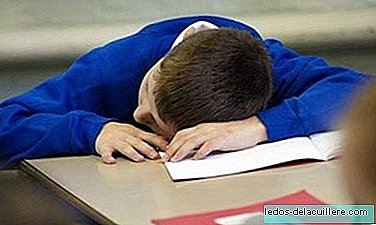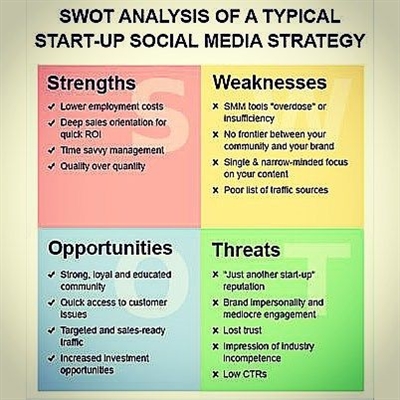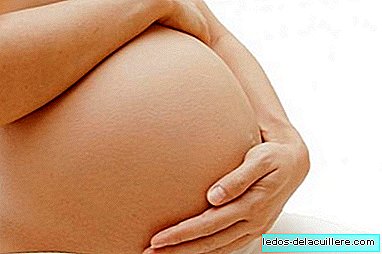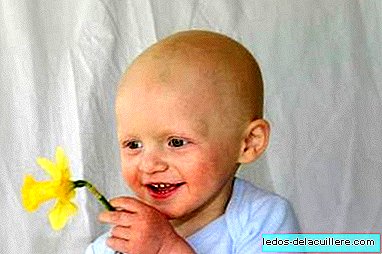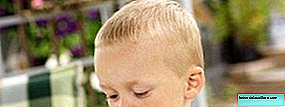We are less than a month before schools begin and thousands of children between two and three years old will begin their school trip in September. Will be his first days in the college of "elders", and I quote the word because, in reality, most cannot be considered even older for many things, because despite that age they are still very dependent in many ways, and even immature.
Immature because by age they still have many milestones to reach, and one of them is the sphincter control. Many schools, because the role of teachers is not to change diapers but to try to educate and teach children, they do not allow children to go to school in diaper in P3 and recommend that the previous summer, if not done before , remove the diaper. Many pediatricians are advancing even to that date and by two years they are already starting to send messages to parents: "He is already two years old, he should leave the diaper."
In the meantime, parents make attempts by following the advice of some and then others, probably driven by the fear that if they do not remove the diaper when they play, their child will have trouble later to do so. But nevertheless, The best time to leave the diaper is not always when the pediatrician says it, neither the neighbor nor the teacher.
Taking off the diaper we put on you
I always say the same when I talk about sphincter control: babies are born without a diaper. There are strategies to know the time when babies pee or poop, and in many countries (where there are no diapers or have no means to buy them) they use them to avoid, whenever possible, having to walk cleaning and washing clothes all the day.
Moreover, a conditioning can even be created by which, more or less when the baby may feel like it, parents get them to make their needs by putting them in a potty or the like.
But this in the West is a bit more complicated, because of our lifestyle. It is not impossible, no, but something more complicated, and the diaper can be more comfortable for most.
Let's say it is we who adapt the baby to our lifestyle and we put a diaper to make your needs there. We get used to him, we make him dependent on him and then, suddenly, we tell him that he has to take it away in what can be a traumatic moment for the child if he is not prepared to do so.
And when is the best time?
Summary: we get used to the baby to the diaper, the baby grows and becomes a child and the teachers, pediatricians, nurses, grandmothers, acquaintances, etc., know when the best time to remove the diaper is because, I imagine, they should know your child better than you, and probably better than himself.
"But I'm just his father, I don't have that knowledge, how will I know when he's ready?" Well, waiting. Your child does know when he will be ready. In other words: The best time to leave the diaper is when your child tells you.
A good day will start complaining about him. It will warm you, annoy you, or simply want to do as you do: go to the toilet and do your things there. He will put it on for a while, perhaps, and then take it off again. Maybe he even has some escape and he will realize that it is not pleasant to get wet or stain, and will begin to warn you when he wants to pee or poop to put a diaper, or to go to the toilet.
And maybe I will spend another time with the diaper and say nothing to you, or maybe I will completely eliminate it ... and nobody will have had to tell you that you have to leave it because you are older, that you have to pee in the toilet because in school you do not You can go with a diaper or if you poop in the toilet you are going to buy a cool car or a doll.
But this, at what age can it happen?
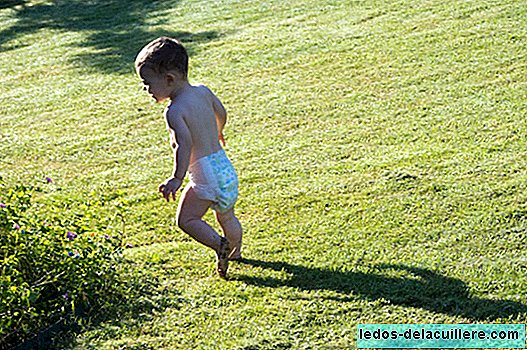
It depends on each child. Some do it with two years (very few, counted ...), some do it with three, and some do it with four. Do you see the difference? How will anyone know when your daughter has to leave the diaper if there is a variability of more than a year?
According to the study of psychomotor development that is followed in Spain to make the health checks of children, the Haizea-Llevant study, at 30 months of age (2 and a half years) only 50% of children control the sphincters; at 3 years 75% of children do it; Y at 42 months (3 and a half years) they are controlled by 95%.
But ... at three and a half years the majority already goes to school
So is. This September, children of three and a half years and a little more will go to school, children who have just met them, and Children who still have four months left to turn three. And yet everyone is asked not to wear a diaper.
What does this mean? One of two: either we are sending them too soon to school, or in schools they are not considering the maturation rhythms of children already on the first day of school.
Luckily (or logically), more and more schools and more and more education professionals respect the processes and times of children and accept without hesitation that some children, those who have not managed to control the sphincters in September, go with the diaper to class.
It seems perogrullo, it seems that we should not praise something so logical that it falls by its own weight, but years ago this was unthinkable and sure that more than one father will remember with anxiety that summer in which they tried to remove the diaper to their son and it took weeks to achieve it. And I don't say anything about the parents of those children who didn't get it and every day they left school at noon, with their dirty clothes in a plastic bag because they were not able to control.
What if I wanted to help you leave the diaper?
It can be done. With respect, love and patience, it can be given a little push to the child in case the breva falls, knowing, knowing that if the thing goes wrong you can put the diaper back without regrets or side effects (which many people claim is a mistake to put it back, and nothing is further from reality).
If you want to try it, and not to extend more, I leave you with this post that we wrote two years ago with ten tips to help children control the sphincters and leave the diaper.


